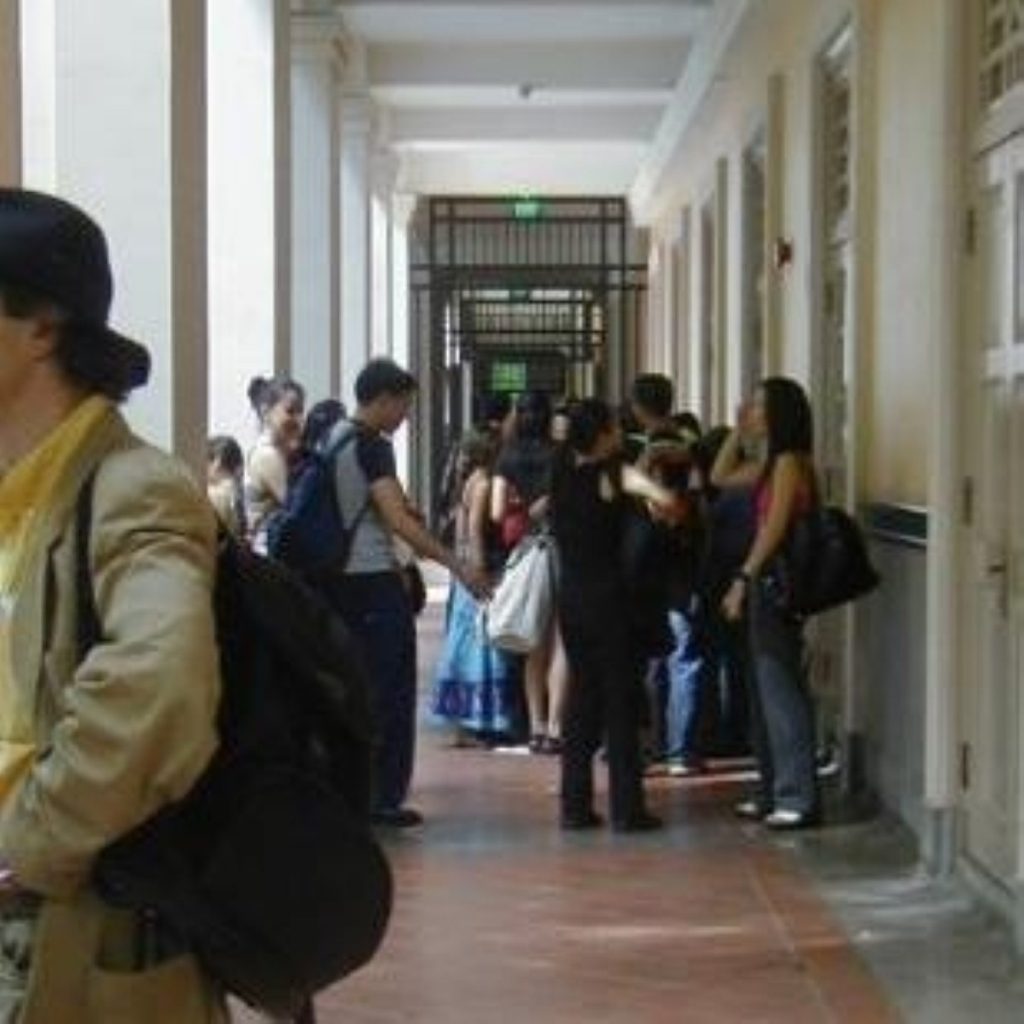Specialist schools fail to make ‘significant’ gains
The government’s policy of re-branding schools as ‘specialist schools’ has failed to significantly improve results, a report has found.
Researchers from Cambridge and Staffordshire Universities concluded the extra money granted to specialist schools could be just as effective if spent on pupils in ‘bog standard’ comprehensives.
Schools which specialised in subjects such as maths, science and business achieved a “modest” gain of 1.5 percentage points at GCSE level for every £500 extra spent per pupil, while schools specialising in sports actually saw their GCSE results fall slightly.
To achieve specialist status, schools must raise at least £50,000 from private sponsorship and then received matched funds from the government and extra money for each pupil.


The researchers looked at the GCSE results of schools that achieved specialist status between 1999 and 2004 and compared them to standard secondary schools.
A number of variables were considered to discover whether any improvement in results could be attributed to the funding increase, specialist status in itself, a combination of the two, or an independent factor.
They found the extra money was linked to a “modest” performance gain. Specialist schools’ performance did improve by an average of four per cent, but the researchers said this was “not sufficiently robust to inform policy debate”.
The researchers concluded: “Together, these results suggest a small positive performance effect of additional spending and that this effect does not depend on schools acquiring specialist status.
“Our provisional figures indicate that additional funding on specialist schools appears to achieve about the same return in terms of exam performance as additional funding for state schools generally.”
A Department for Children, Schools and Families spokesperson responded: “The fact is that specialist schools have delivered significant improvements in standards and out perform other comprehensives on a range of measures.”
The government points to GCSE results from last year, which show 60.6 per cent of pupils in specialist schools achieved five or more good GCSEs, compared to 48.3 per cent of pupils in non-specialist schools.
The spokesperson added: “They also continue to have greater success at improving performance of children in deprived areas than non-specialist schools.
“Research earlier this year by Lancaster University found that specialist schools with the highest proportion of pupils eligible for free school meals have experienced by far the biggest improvement in exam results as a result of acquiring specialist status.”
The Liberal Democrats said the report was depressing but not surprising.
David Laws, Lib Dem schools spokesman, said: “The specialist schools programme has always seemed to be more about re-badging schools to give the impression of radical change, rather than making the fundamental reforms which could deliver higher school standards.
“The specialist schools model is also dramatically less appropriate in rural areas where each catchment school has to be able to deliver every subject to a high standard, as pupils are unable to travel long distances to other schools.”
Some 2.5 million children are now education in specialist state schools. The programme is managed by the government-backed Specialist Schools and Academies Trust, which receives £35 million funding.









